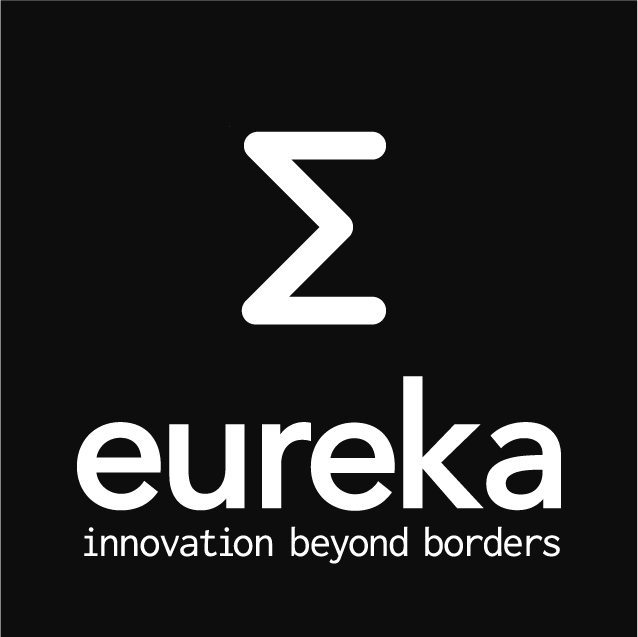Home of Things
Project Status: Cancelled
Start Date: January 2020
End Date: 31 December 2022
Budget (total): 1345.5 K€
Effort: 24.22 PY
Project-ID: C2016/2-2
Technical coordinator
Deniz Cokuslu
Company: Ericsson Arastirma Gelistirme ve Bilisim Hiz. A.S.,
Country: Turkey
E-mail: deniz.cokuslu@ericsson.com
Administrative Coordinator:
Pelin Latifoglu Ciftci
Company: Ericsson Arastirma Gelistirme ve Bilisim Hiz. A.S., Turkey
Country: Turkey
E-mail: pelin.latifoglu@ericsson.com
Ericsson Arastirma Gelistirme ve Bilisim Hiz. A.S., Turkey
Turkgen, Turkey
Lostar, Turkey
Vestel Electronics, Turkey
BEIA Consult International, Romania
Artech International, Belgium
Abstract
The European Parliamentary Research Service recently identified Smart Home Technologies as one of the ten technologies that could change our lives. Smart Homes are not a reality, however. Current in-home electrical devices of different manufacturers are often connected, but this connectivity is hardly ever used for devices communicating across “vertical” application domains. The European Commission therefore recently asked TNO to create a well-supported and practical “gold standard” for semantic interoperability in the Smart Home, which resulted in Smart Appliances REFerence ontology (SAREF). Still, ontologies only reach their full potential if they are applied to real systems. Also, SAREF is primarily applicable to energy management services and not yet to other verticals in the smart home. The objectives of the Home of Things (HoT) project therefore are to extend SAREF to other domains, and to create an ecosystem of consumer-oriented IoT platforms, using SAREF as a common model,
1) targeted at overcoming the current fragmentation of the many vertically closed systems and applications that are currently provided to the smart home environment,
2) provided as open source software,
3) dynamically expandable, foremost to applications in other smart environments, such as the smart city,
4) based on a generic abstraction layer following from a thorough analysis of requirements regarding interoperability, security, privacy, flexibility, and reliability, and based on business models and application scenarios obtained by continuous interaction with all relevant standardization bodies, and
5) allowing for new business models and value added services to be developed by third-party service providers and application developers in an open playing field for innovation.
The HoT project will also create a lasting, dynamic community of industry partners, policy makers, academia, and end users, driving and managing the HoT ecosystem after the project is finished.



